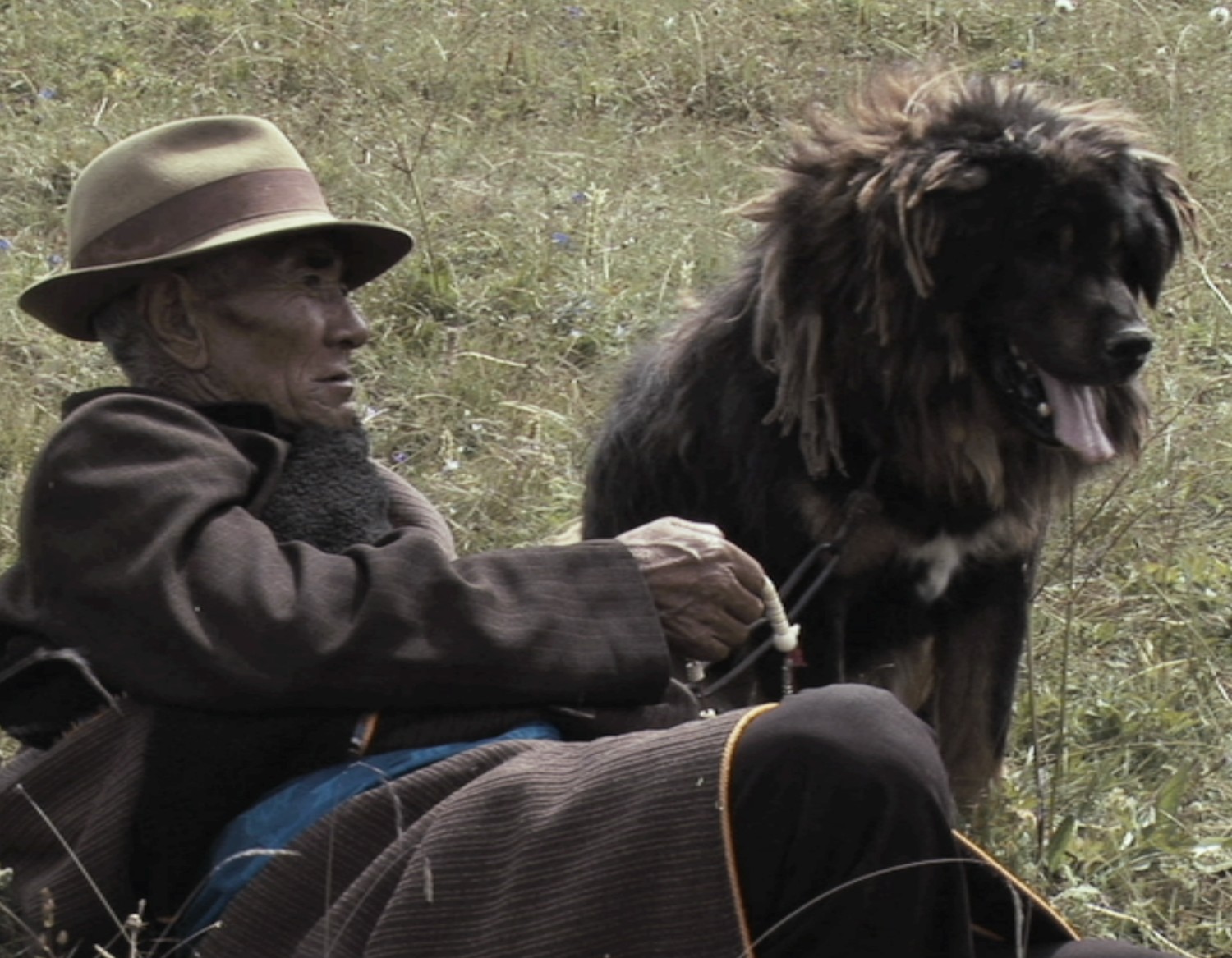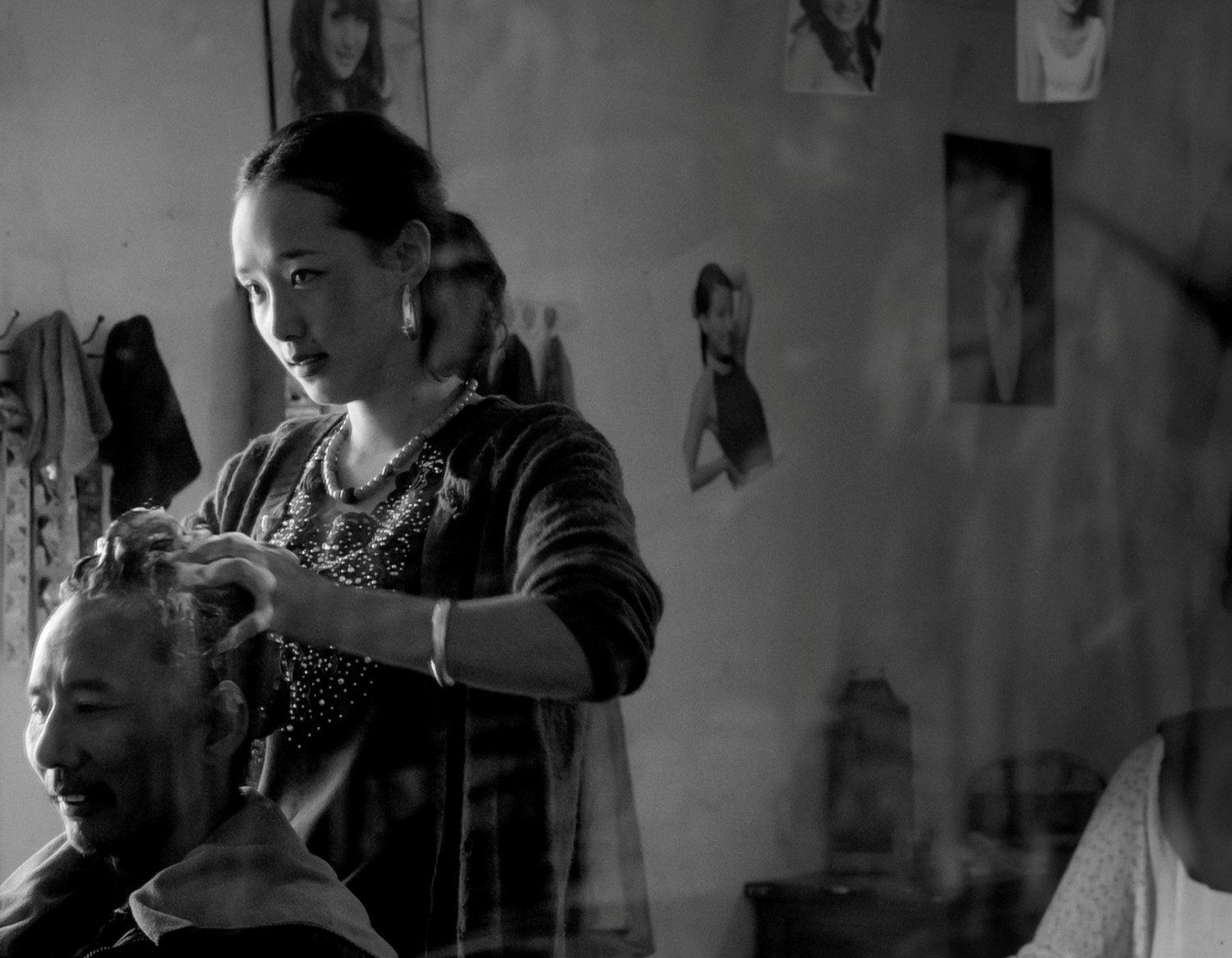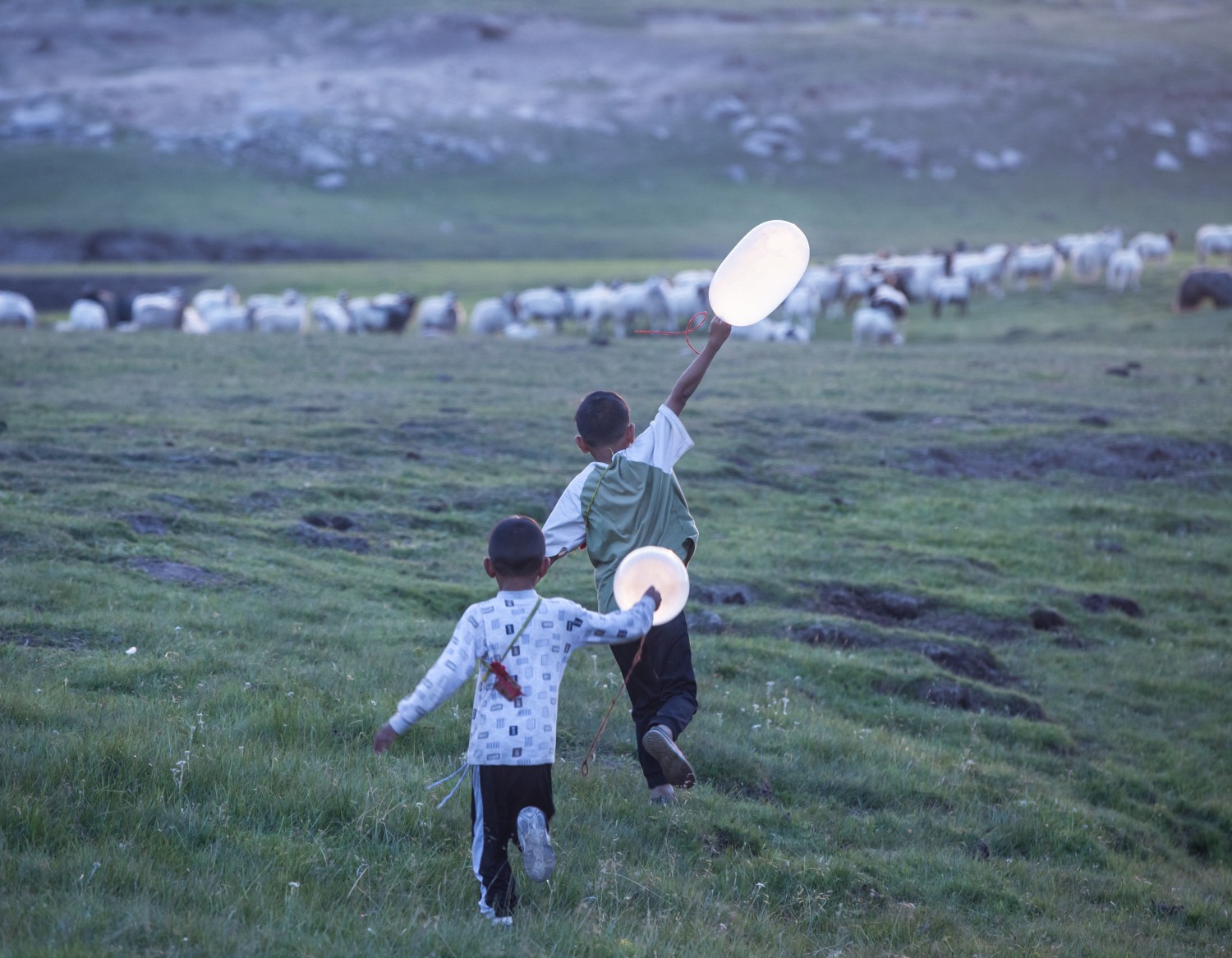Programme
Transcending Tibetan Cinema: The Pema Tseden Retrospective
The first Tibetan filmmaker to shoot a feature film entirely in his mother language, Pema Tseden (1969- 2023) left a legacy as the trailblazer who defined Tibetan cinema.
Beating the stereotypes and clichés long associated with his homeland, Pema Tseden set out to cut through the veil of mystery shrouding the highland culture and tradition, presenting an honest look at contemporary Tibetan life as the natives saw it – no utopia nor fantasy, but unvarnished views and compelling representations of his land, people and culture.
Ever since his directorial debut, The Silent Holy Stones , the Chinese-trained Tibetan filmmaker unflinchingly sought to reflect an authentic sense of ethnic identity and cultural sensibility, while skilfully working round the system’s confines and the sensitive political climate. Akin to Abbas Kiarostami’s film language, his empathetic lens presents an expansive and emotional portrait of indigenous life on the fringes of a fast-encroaching modernity - the growing gaps between generations, the ancient/modern dichotomies, the tensions between spiritual beliefs and materialism.
Operating at a deeply humanistic level, Pema Tseden’s films offer the world a captivating, hyperreal look at how people there were coping with their everyday struggles. The perseverance of an old shepherd (Old Dog), the wreckage of a simple-minded recluse (Tharlo), the dilemma between faith and reality of a pregnant wife (Balloon) – psyche of the people whose austere lives were thrust into internal crisis are delicately captured under nuanced observations and meticulously framed long shots, imbued with a sense of nostalgia for dying traditions and a subtle critique of declining morality.
Beyond making films that command a striking presence in world cinema, the pioneering director created an embryonic tight-knit network of independent Tibetan filmmakers, including Sonthar Gyal, Lhapal Gya, Dukar Tserang and Jigme Trinley, who went on to direct their own films, express their own voice and continue to forge a modern Tibetan film culture.
The Tibetan Buddhist tradition views life and death as a continuum. Despite his premature passing, Pema Tseden’s spirit will live on, and shine a light on the path to a brighter future of Tibetan cinema.










